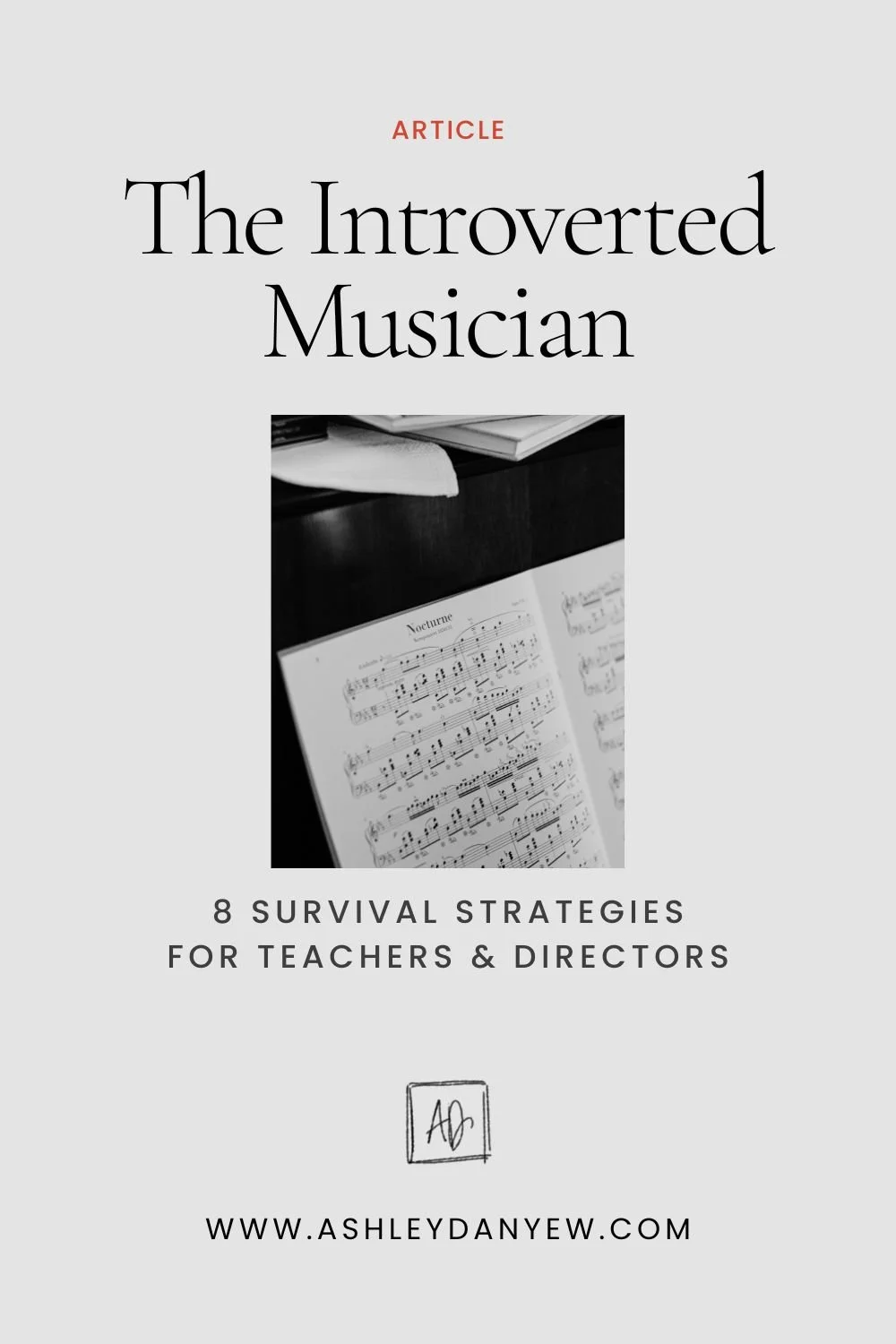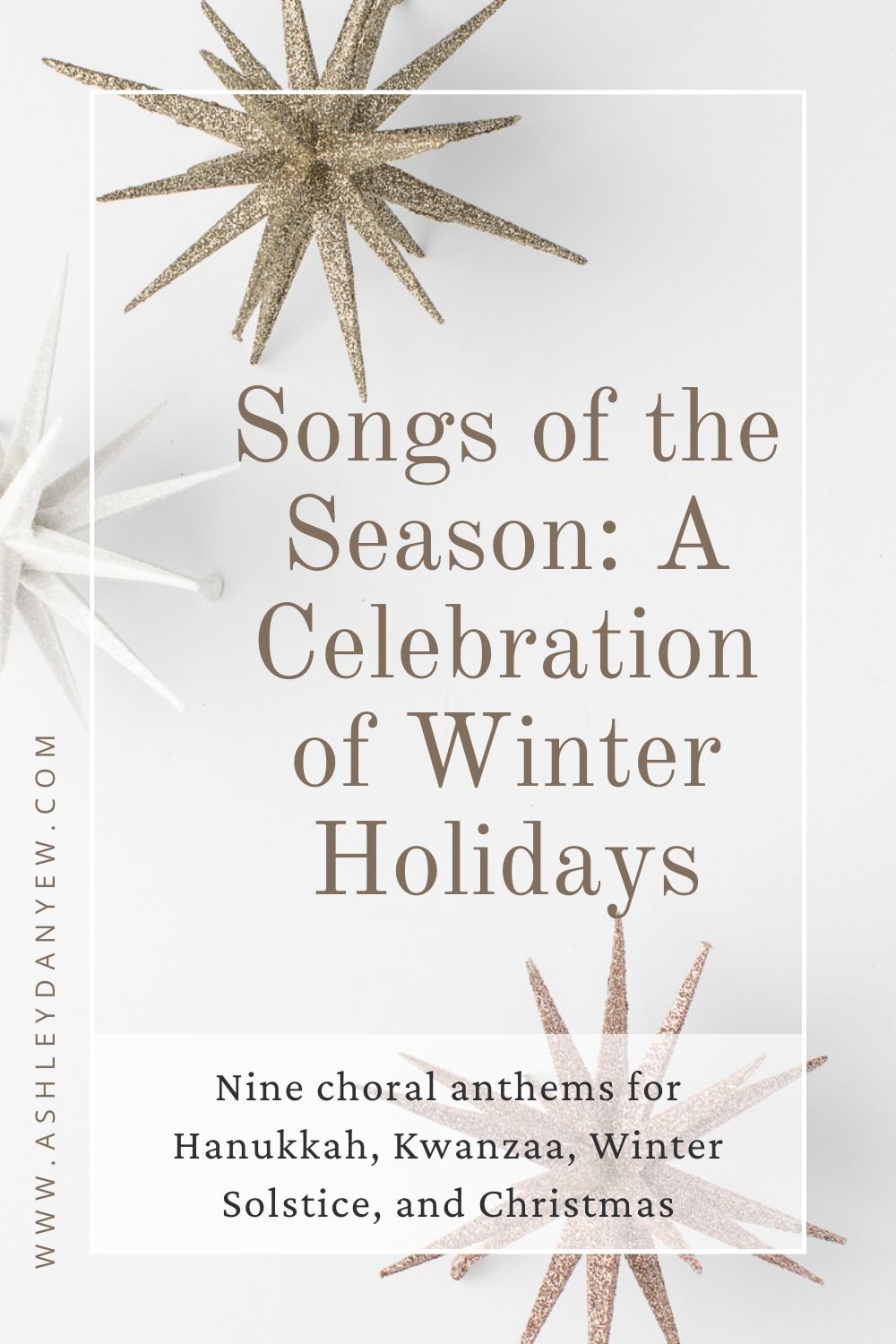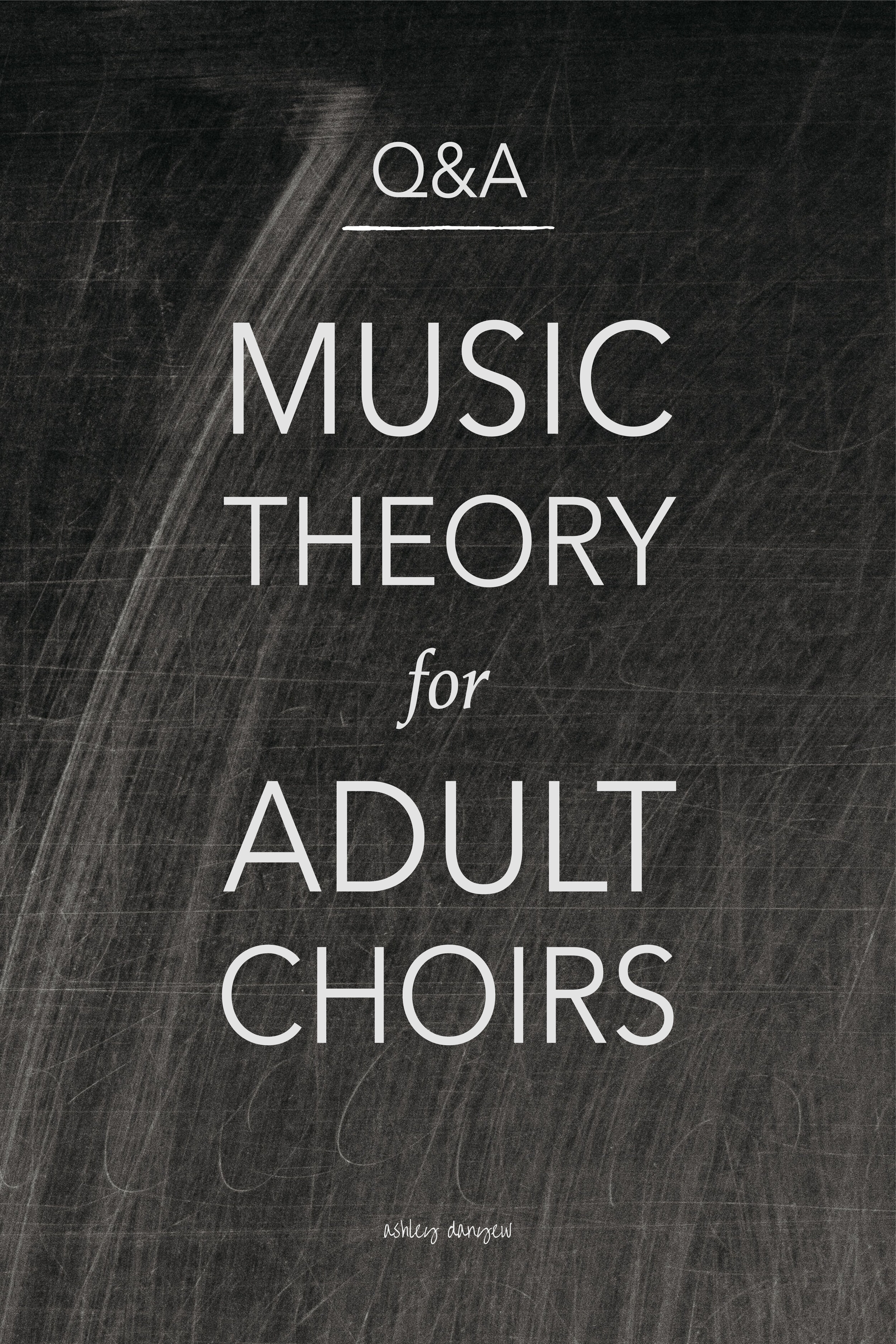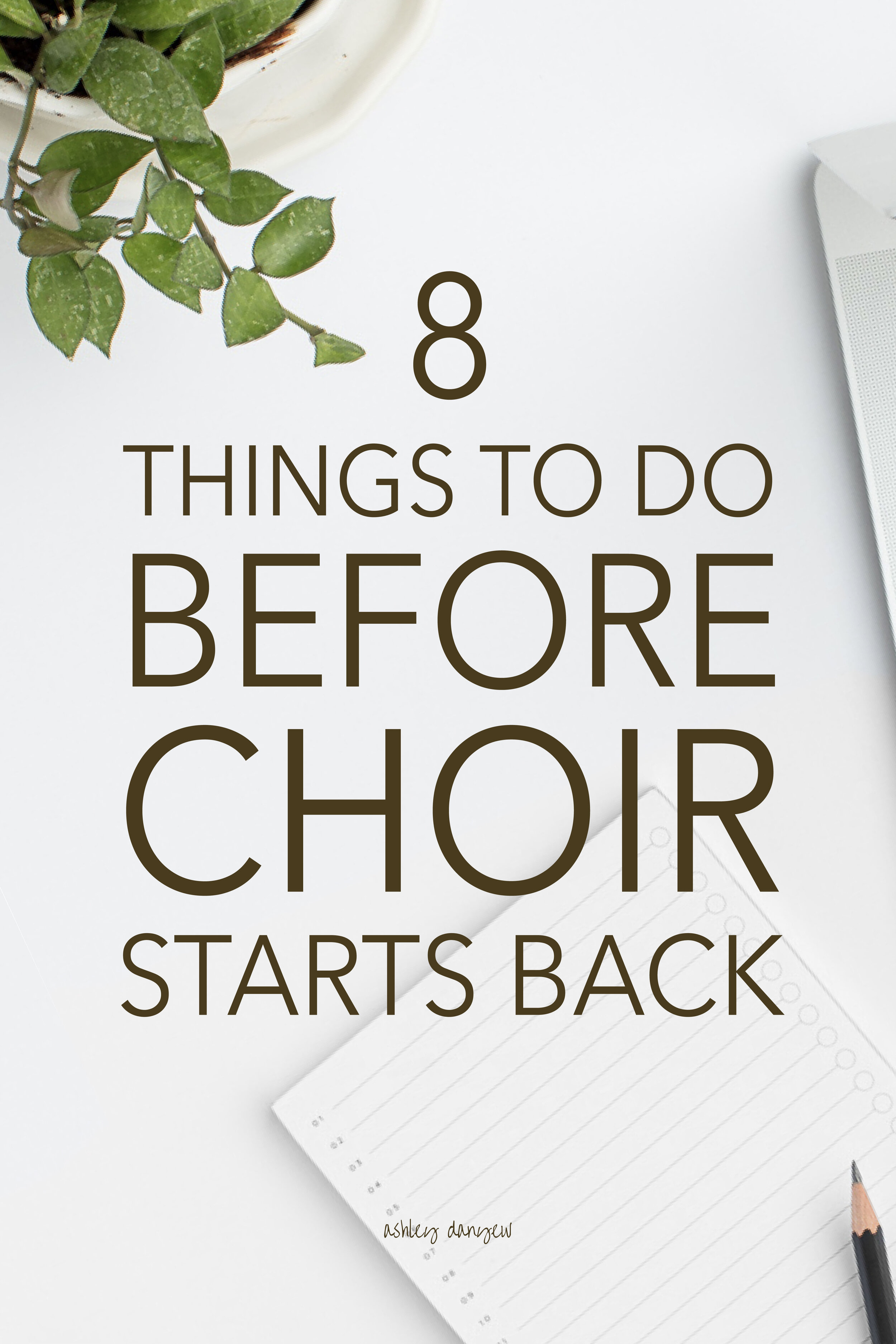To contrast my travel post from Presidents' Day Weekend, here is a quick summary of our day trip to Boston last week:
Christian Tetzlaff, Starbucks, good friends, shopping, city walk.
Here is the long summary:
We drove 45 minutes to the nearest T stop, paid $7 for parking and a $2 fare per person to get to Downtown Crossing (i.e. shopping). This was so convenient and much cheaper than riding the Commuter Rail from Fitchburg all the way into North Station (over an hour ride and $15 each way per person).
We shopped the new spring collection (and the sale racks) at H&M with a gift card from Christmas and stopped at Starbucks for a chicken salad sandwich, greek yogurt parfait, and sweet tea lunch (again, with gift cards from Christmas! Can you tell we don't get out much?)
It was a sunny day (though, a little cold and windy), so we decided to walk from Downtown Crossing to Symphony Hall (45-60 minutes). I LOVE walking in cities.
We were greeted at the door of Symphony Hall by men in black vests. We settled into our second balcony seats, perused the program book, and watched people pour into the hall for the 1:30 p.m. concert. (1:30 p.m. on a Friday - what an innovative idea!)
We sat, mesmerized by Christian Tetzlaff and the BSO in a program of three (count 'em three) violin concerti: a short, sweet musical "appetizer" by Mozart, the second performance of a world premiere by Harrison Birtwistle, and the last, an exciting, virtuosic finale by Bartok.
We decided we were bold enough to make the walk back to Downtown Crossing (though, we did make a coffee stop at Starbucks on the way. Yes, more gift cards.)
Since we were in Downtown Crossing with time to spare, we decided to visit a few more stores and made the walk down to Chinatown and back.
We met some good friends from Eastman and a few new friends at Green Street Grill in Cambridge for drinks, homemade chips and dip, and good conversation.
We had a quick dinner at Life Alive (delicious three bean chili and bowl of Udon Noodles, tofu, shitake mushrooms, kale, onions, carrots, sesame seeds, and a sesame ginger marinade)
We had a great time.


































 This strophic German song (Op. 47, No. 3) by Johannes Brahms is about Sunday love - a young man longing for the beautiful girl he only sees in church on Sunday. Steve transcribed it for saxophone and piano, as you can hear in the recording below (listen for laughter in the piano interlude and coda!) For an in-depth description of our rehearsal process for this piece,
This strophic German song (Op. 47, No. 3) by Johannes Brahms is about Sunday love - a young man longing for the beautiful girl he only sees in church on Sunday. Steve transcribed it for saxophone and piano, as you can hear in the recording below (listen for laughter in the piano interlude and coda!) For an in-depth description of our rehearsal process for this piece,  I’ve often been advised to “make the most of opportunities” – I’m sure you’ve been there, too. Sometimes an opportunity presents itself out of nowhere – maybe it’s an extra time commitment, maybe it’s out of your comfort zone and just when you’ve convinced yourself to pass it by, suddenly the opposing voice in your head says, “Wouldn’t this be a great experience?” In my case, the opposing voice usually wins.
I’ve often been advised to “make the most of opportunities” – I’m sure you’ve been there, too. Sometimes an opportunity presents itself out of nowhere – maybe it’s an extra time commitment, maybe it’s out of your comfort zone and just when you’ve convinced yourself to pass it by, suddenly the opposing voice in your head says, “Wouldn’t this be a great experience?” In my case, the opposing voice usually wins.




